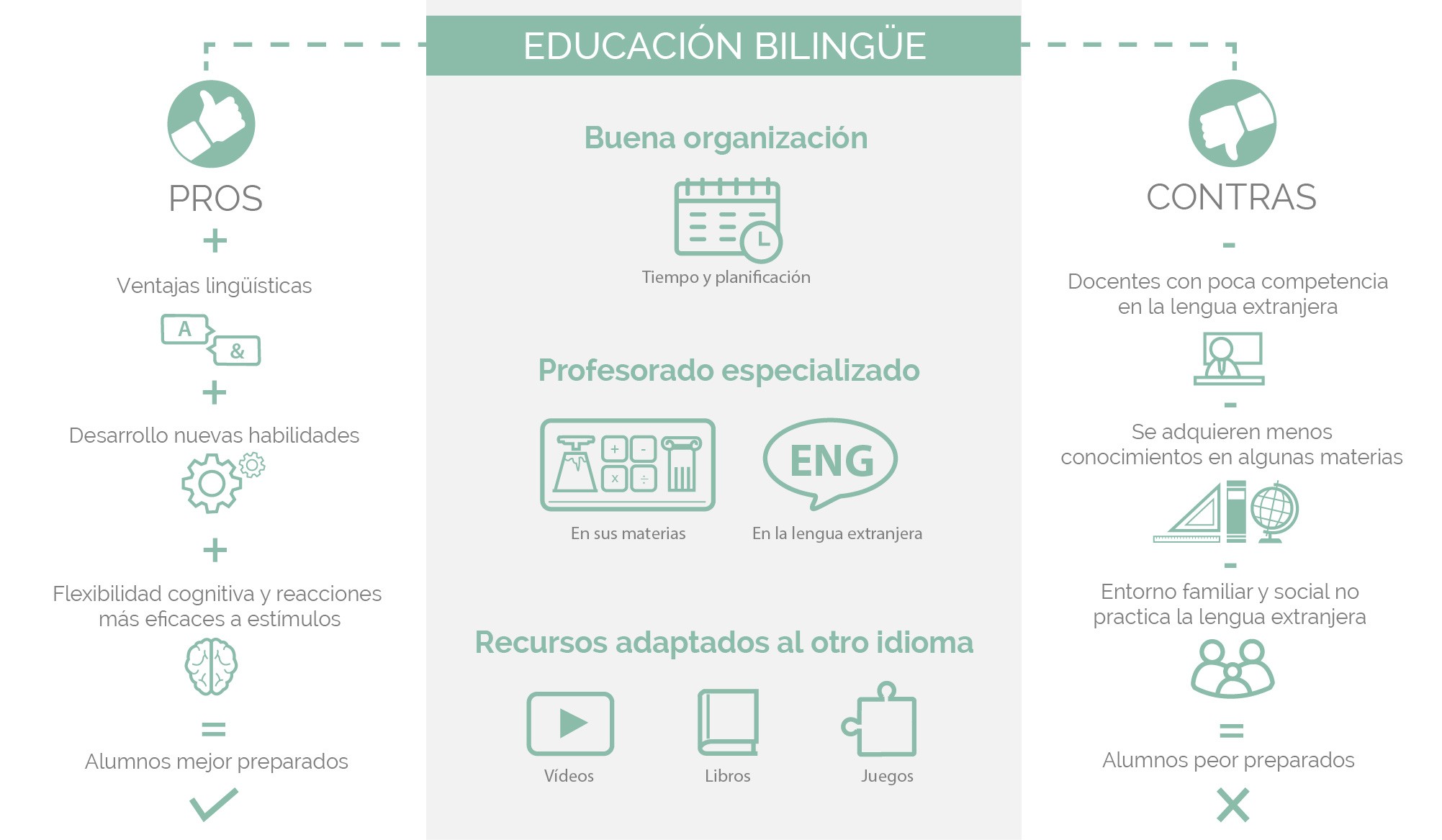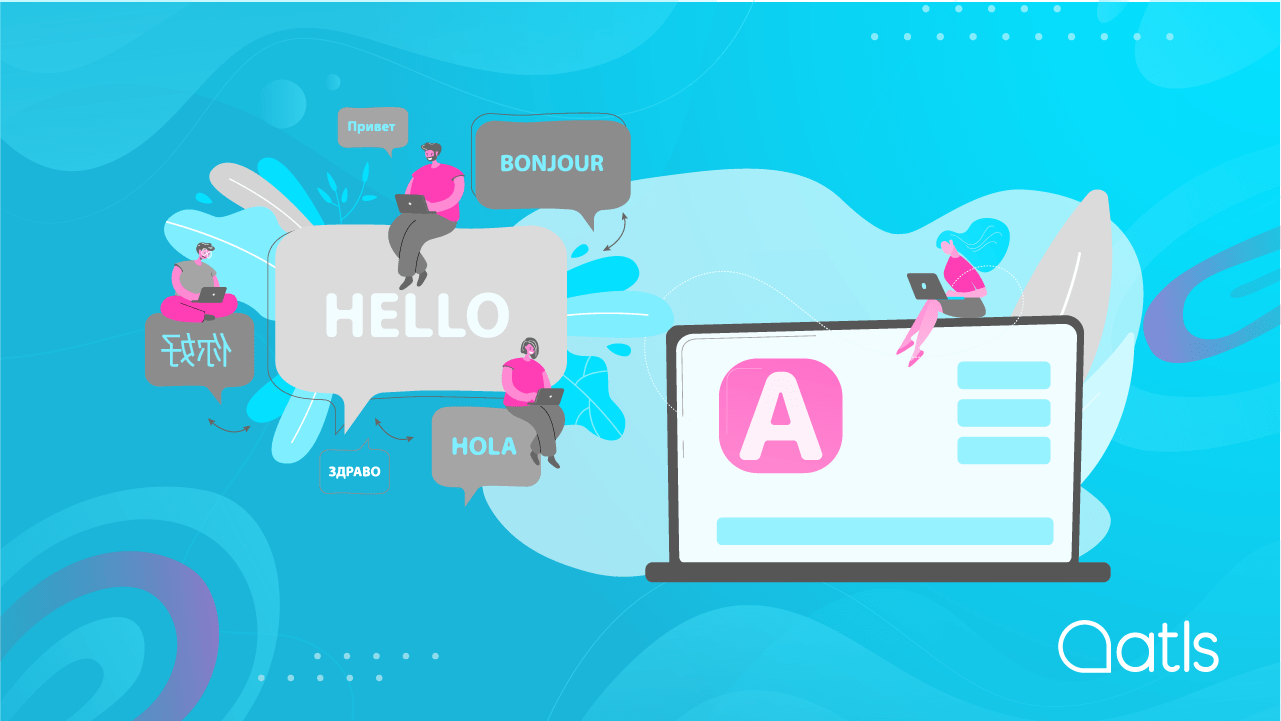Pros and cons of bilingual education

This Friday is International Education Day, a day proclaimed by the United Nations to remember the fact that education is a human right, a public good, and a collective responsibility. Today, speaking more than one language has become key to us being able to communicate globally. And with this requirement comes an increasing need for students to learn a second language - which is why schools are now starting to teach foreign languages at a young age. According to an Education First report, Spain's level of English proficiency is average, with a score well below that of other European countries. As a result, a few years ago a number of schools decided to embark on a shift in the way they were teaching: bilingual education.
The implementation of this new system has revealed broad differences in opinions on the potential effectiveness of such a shift. Advocates of this learning methodology believe that educating children in a bilingual school makes it easier for them to learn a foreign language: after all, this is the stage when their brains are at their most supple, and they're better at absorbing knowledge and developing skills. The latest reports confirm that students with a bilingual education do indeed have more competitive advantages.
On the contrary, those who are reluctant to engage in this type of education object that it means skills are not properly acquired: teachers summarise the content of subjects to facilitate learning and - because they don't have a complete command of the foreign language - they're unable to pass on knowledge in the most appropriate way.
Both are valid arguments, and whilst the statistics may be positive we've still got a long way to go. It will be a number of years until we can be sure this method actually constitutes in improvement in terms of preparing students. Every school will use its own methods, and for the system to be properly implemented - and the right results achieved - time and planning are essential. As well as being specialists in their subject areas, teachers also need to master the foreign language and the resources used in classrooms, such as textbooks, videos, and any other materials. And this means you need native, well-trained professionals who can translate the content of your resources and adapt it to each subject, which is exactly who we work with here at ATLS.




